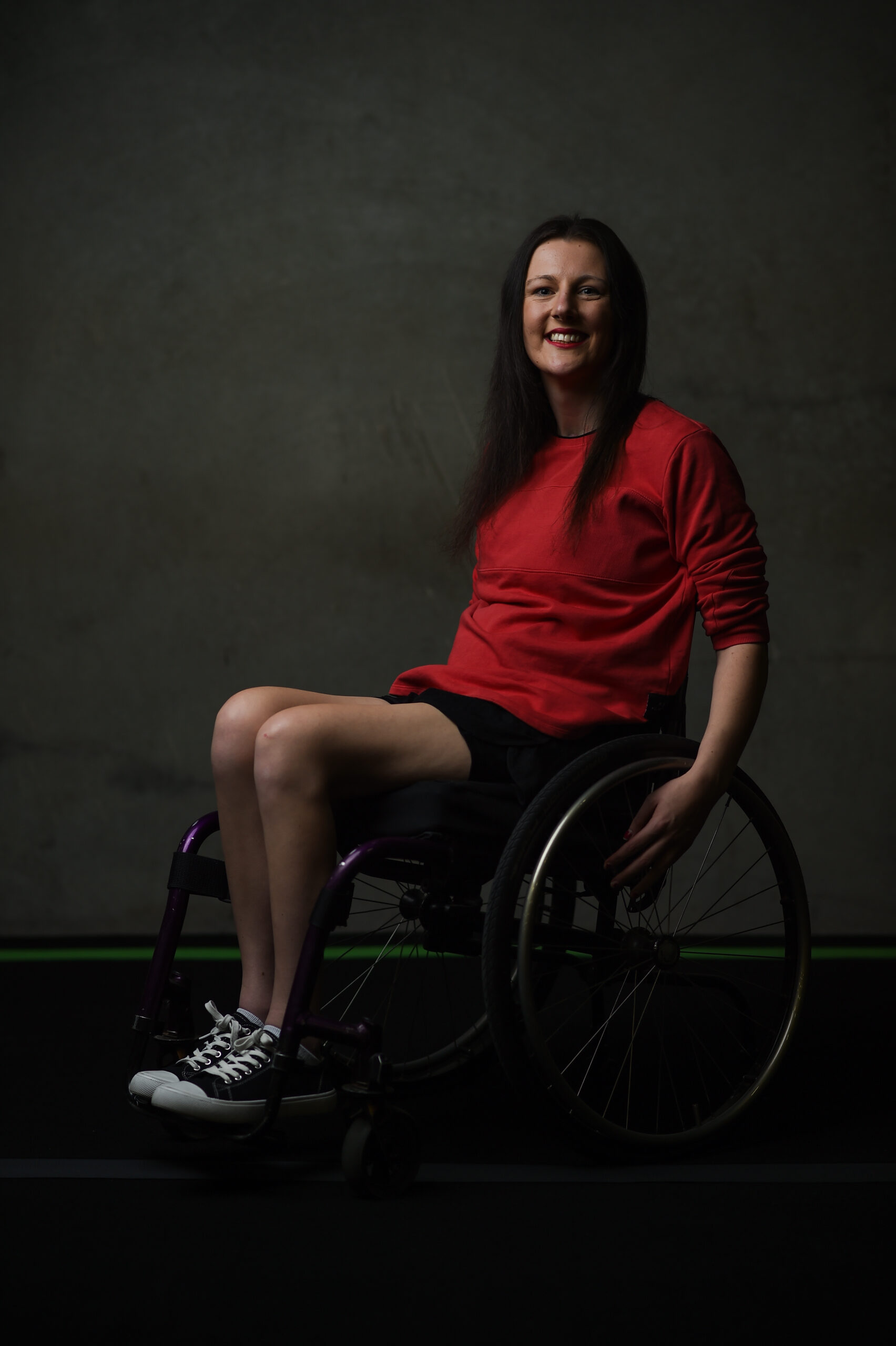What accessibilty means to me
27-year-old Emily never thought about accessibility, until she acquired a spinal cord injury and her lens on navigating this world changed completely.
In early 2018, I knew of accessibility, but I didn’t really know much about it or in fact think about it at all.
It didn’t make me a bad person for not being more aware, just a little naïve about how difficult it is for a large minority to navigate their way in this world. By the end of 2018, I was thrown into learning the barriers and the impacts of accessibility. Something that I never thought I would have to think about, but because I was paralysed meant I was now rolling instead of walking.
I have now spent three years with my spinal cord injury in a wheelchair and I may not be that same naïve girl anymore, but to this day there are still new accessibility barriers I am coming across and learning how to cope with.
Living life in a wheelchair can be a struggle, but often it’s not the fact that I am in a wheelchair that creates the struggle, but that the world was built for 2 legs ad not 4 wheels. This means I need to dedicate lots of hours to learning skills to be able to manage and I have to problem solve in situations that someone who is able bodied could easily do.
I live in a small country town with 3 pubs and as a 27-year-old woman, I like to go to the pub for dinner and drinks with my friends (when we aren’t in another lockdown that is). Not one of those pubs has a disabled toilet. I worked at one of these pubs for a few years and I never really thought about the impact of not having a disabled toilet and what that meant for people with a disability.
Now that I am disabled, when I go there it has a big impact on me. It means I have to either go home, find an accessible public toilet somewhere else or go to the toilet with the toilet stall door open (to be honest I have taken that third option once on a night I drank to much).
None of those options make going to the pub sound very inviting. People wonder why some people with disabilities are more likely to stay at home, would you go somewhere that to use the toilet you had to leave the door open?
Lack of accessibility is not just a struggle in rural towns, I have faced many obstacles in cities such as Melbourne as well. Although accessibility in public transport in improving, there’s still progress to be made. In my wheelchair, not every stop or mode of transport is possible for me to use and in order to catch transport I have to check ahead to see if it’s accessible or not. When it comes to shopping, the biggest issue is not the lack of accessible changing rooms but navigating around some stores can be quite inaccessible, sometimes the racks are too close together and it doesn’t leave much room for my wheelchair.
To help me manage my way in the world and get around, I was taught certain wheelchair skills so I would be able to get in a store with a small step or get over a raised door frame. Learning these skills takes hours and hours of practise and I am fortunate enough to have hand function, so I am able to do this.
Over the past 3 years I have learnt what I need for my accessibility, but I have also learnt that this will be different to another individuals needs, because there are so many different types of accessibility.
I now also can fully understand why a statistic would say of the Australians with disability aged 15 and over, almost one-third (33.1%) avoided situations because of their disability. One of the most common situations avoided were going to shops, banks etc. (34.3%) (Australian Bureau of Statistics (ABS) 2019, 4430.0 – Disability, Ageing and Carers, Australia 2018).
I am learning skills to be able to independently go out successfully and live the life I want to the best of my ability.
Although as hard as I try, there are some places that I won’t be able to go or things I can’t do without help. I am lucky to have help and very grateful for it, but sometimes I also feel sadness and hopelessness that I can’t do something like go to the toilet at my local pub.
Images by Mark Jesser.

Celebrate access and inclusion for people with a physical disability this year at the 2021 Independence Australia Accessibility weekend. This event is being held on the 14th and 15th of November and offers FREE access to a variety of Victoria’s favourite attractions for people who use a wheelchair or mobility aid, and their carer.
